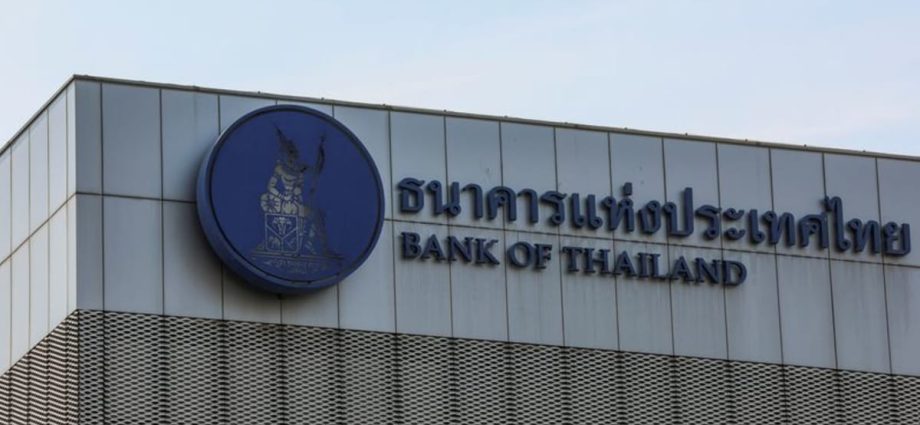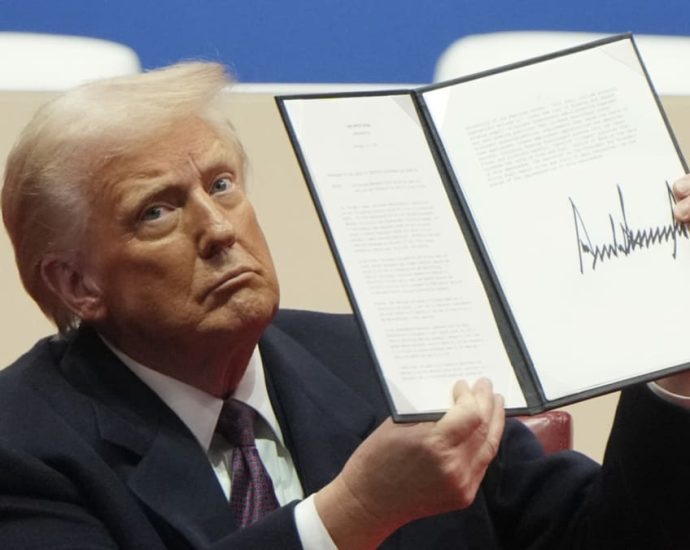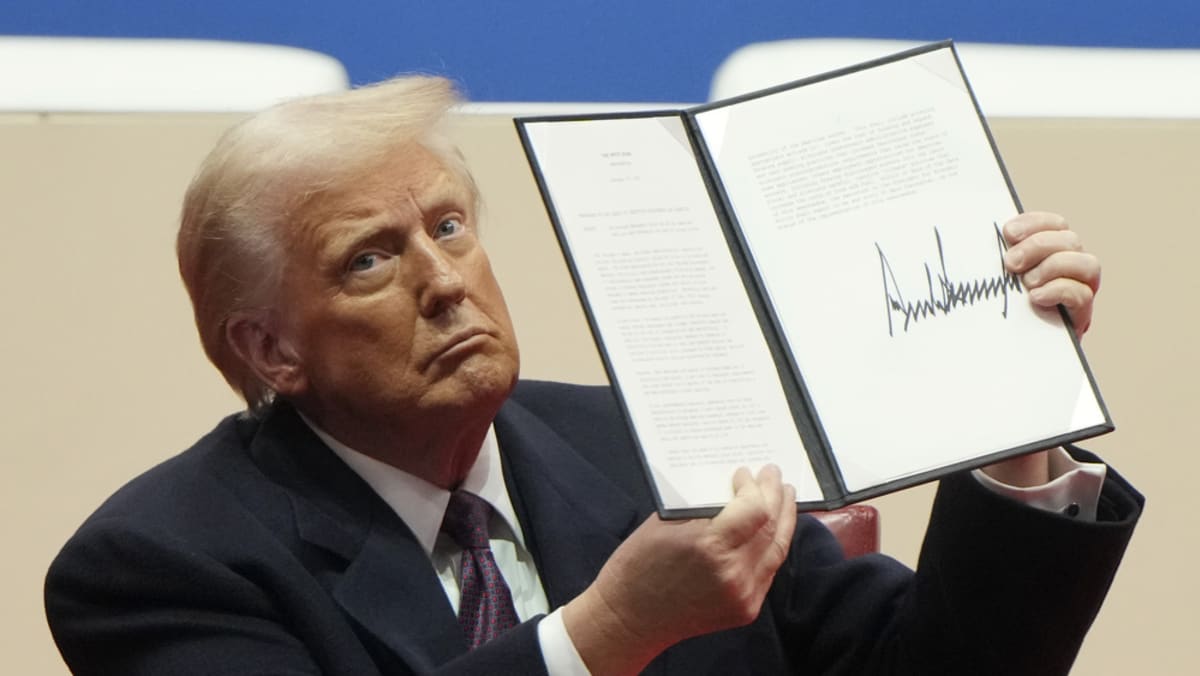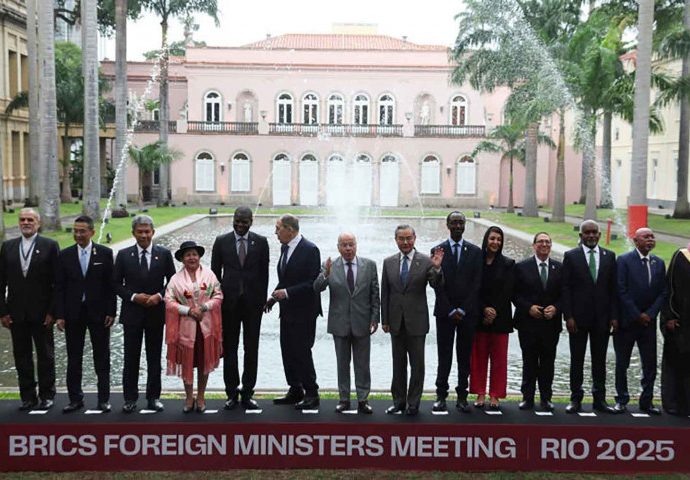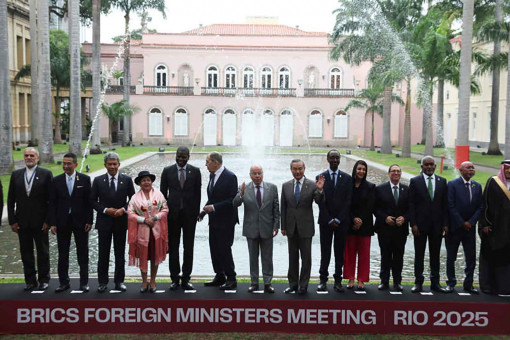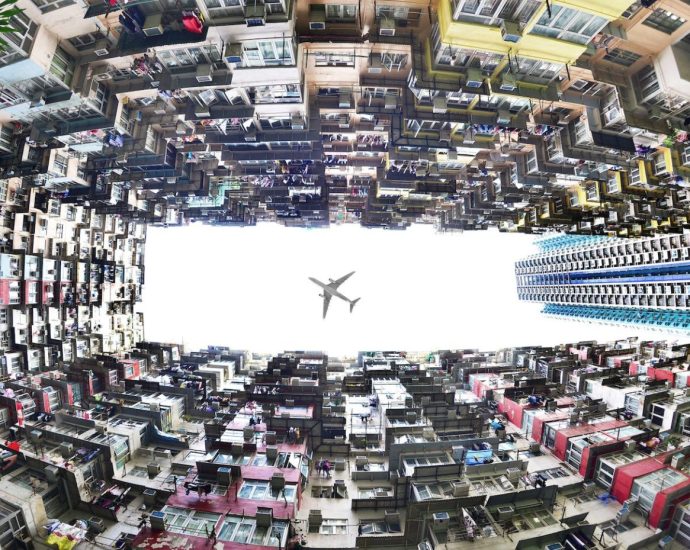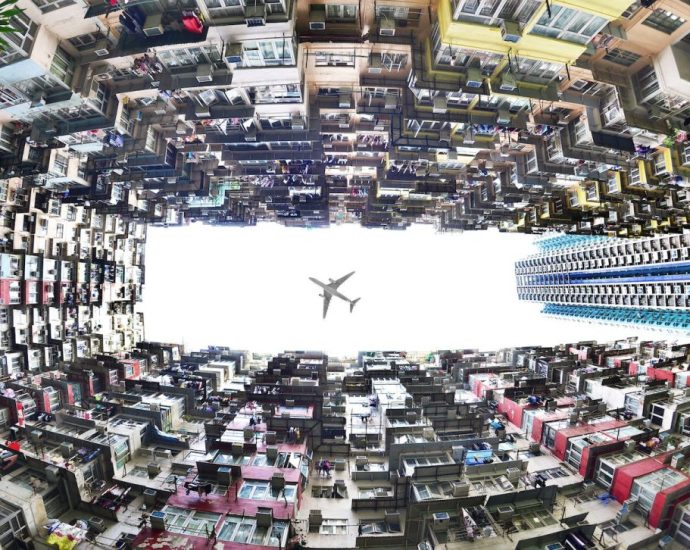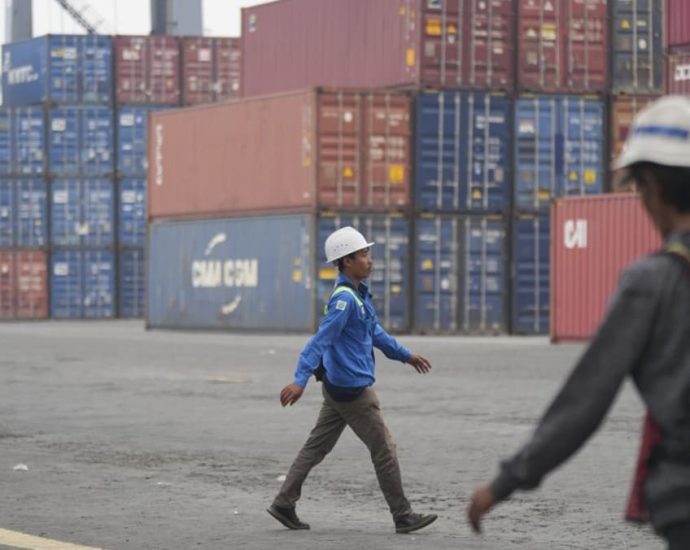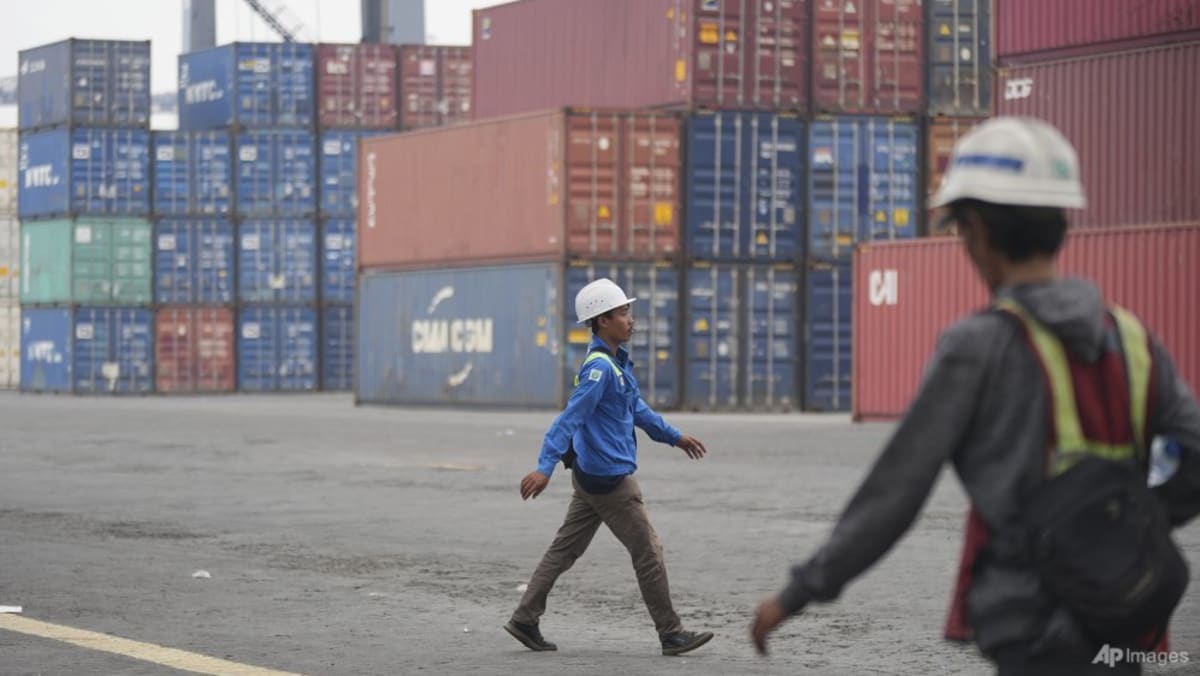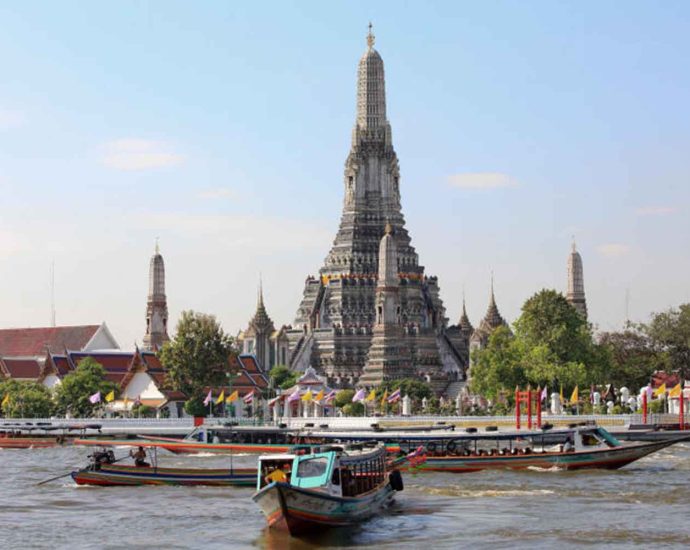Thai central bank cuts key rate again, lowers growth forecasts as tariffs loom
Bangkok’s central bank cut its key interest rate by a quarter point for the second time on Wednesday ( Apr 30 ) to help a struggling economy that is unsure of the impact of US tariffs. The monetary policy committee at the Bank of Thailand approved a 25 basis pointContinue Reading

